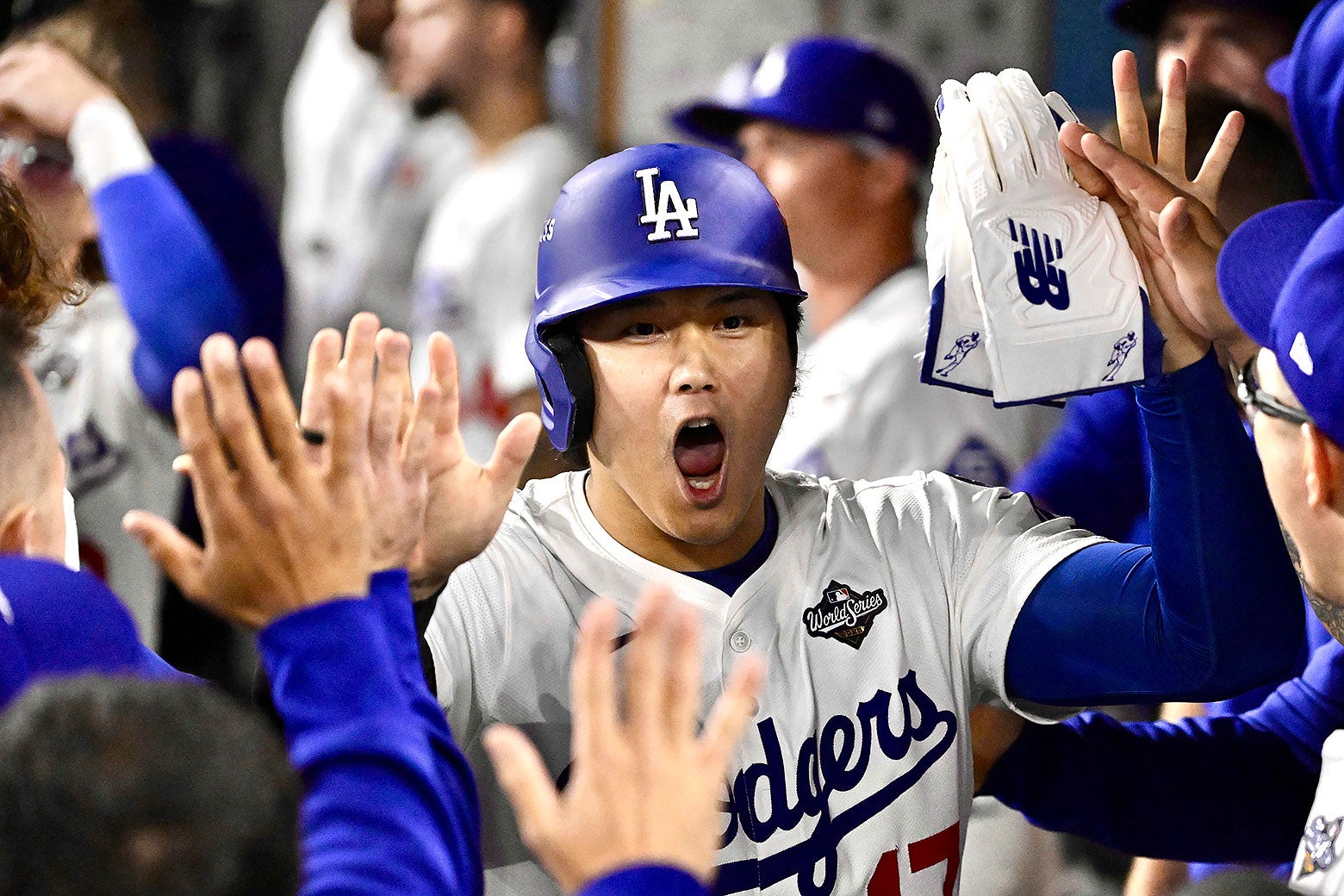
"So, when Ohtani came up again in the ninth inning, the Blue Jays decided to do something most teams would now consider a relic of the past: They refused to pitch to him. The intentional walk is no longer a significant part of Major League Baseball. Gradually, the quants who solved baseball over the past few decades realized that letting the other team have a baserunner, on purpose, was a bad idea."
"In the bottom of the ninth inning, Ohtani came up with one out and nobody on base, the game still tied. This season, MLB pitchers issued five intentional walks with nobody on base. Every one of them was to Aaron Judge, the last of them in late July. Blue Jays manager John Schneider did not care about this and sent Ohtani down to first base. The Jays then caught him stealing to force extras."
"In the bottom of the 11 th, with Ohtani up with two outs and no one on, Schneider did the same thing. With two outs and a man on third in the 13 th, he did it again. And with one out and nobody on in the 15 th, Schneider did it to Ohtani once more. Each of these intentional walks improved the Dodgers' win probability. The first one bumped it by more than 5 percent, according to FanGraphs."
Shohei Ohtani entered Game 3 on an extraordinary hitting streak, including multiple recent home runs and extra-base hits. The Blue Jays repeatedly issued intentional walks to Ohtani in the ninth, 11th, 13th and 15th innings, sometimes with two outs and no one on base. Intentional walks have become rare in modern MLB after analytics emphasized on-base value, and this season pitchers issued only five intentional walks with nobody on base, all to Aaron Judge. Each intentional walk raised the Dodgers' win probability, with the first increasing it by more than five percent, per FanGraphs.
Read at Slate Magazine
Unable to calculate read time
Collection
[
|
...
]